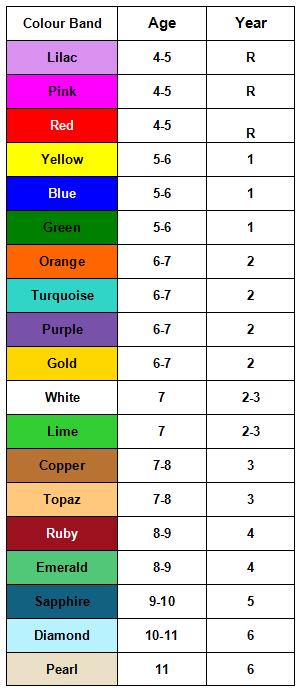
|
This page is all about Reading and aims to provide information about:
National Curriculum for Reading Our teaching of Reading and the expectations we have of children are underpinned by the Programmes of Study set out in the National Curriculum and in the Early Years Foundation Stage (EYFS) Framework. You can view the National Curriculum for Reading via the link below: School Curriculum for Reading There are different aspects to reading and developing the skills of a reader:
We teach and promote reading development in different ways:
Phonics At Northenden, we appreciate that the ability to read is an essential skill for future education and for life. The teaching of reading at Northenden starts as soon as the children start with us in the Nursery class and continues until they leave us in Year 6. The teaching of reading starts with developing:
The latter is known as the teaching of phonics. Our teaching of phonics is based on the LETTERS AND SOUNDS programme which was published by the (then) Department of Education and Skills in 2007. It sets out a very clear and structure for the teaching of phonics from Early Years to Year 2 across 6 broad Phases of Learning. You can find out more about the teaching of phonics here. Reading Schemes Anyone who has been to a primary school will remember reading from sets of books which a part of a scheme. The books often relate to each other in some way, share the same characters or settings and follow a path which aims to support progression in reading, introducing new words, longer sentences and more complex plots as the children move from one stage of the reading scheme to the next. (In the 1970s this was characterised by the ‘Janet and John’ books.) At Northenden, we use a number of reading schemes from a range of publishers, including:
Our Reading Scheme is organised into COLOUR BANDS which are aligned to age and year groups as follows: |
|
|
|
|
|
Guided / Group Reading All children have guided or group reading sessions every week. A group of children at a similar reading level will come together with an adult for a period of about 20 minutes per week (some children have more than one session) to explore a text. We have a very wide range of group reading materials, including short novels. The group sessions aims to explore children’s understanding of and thinking about what they have read. Comprehension Comprehension is taught in every year group. The teaching of comprehension aims to develop children’s understanding of texts, including long texts, books and writing for difference purposes. Comprehension skills taught include:
Children’s reading and comprehension skills are assessed on an ongoing basis, including by comprehension test every year. Children in Year 2 and Year 6 are assessed via the national reading tests. School Library We have a small but well-stocked school library. Every child has their own library account and every class has a weekly library session during the school day. Children (and parents) can access our online library system (Junior Librarian) to see the books we have available for loan and (with a Username and Password) can access their own account to see the history of what they have read. |
|

